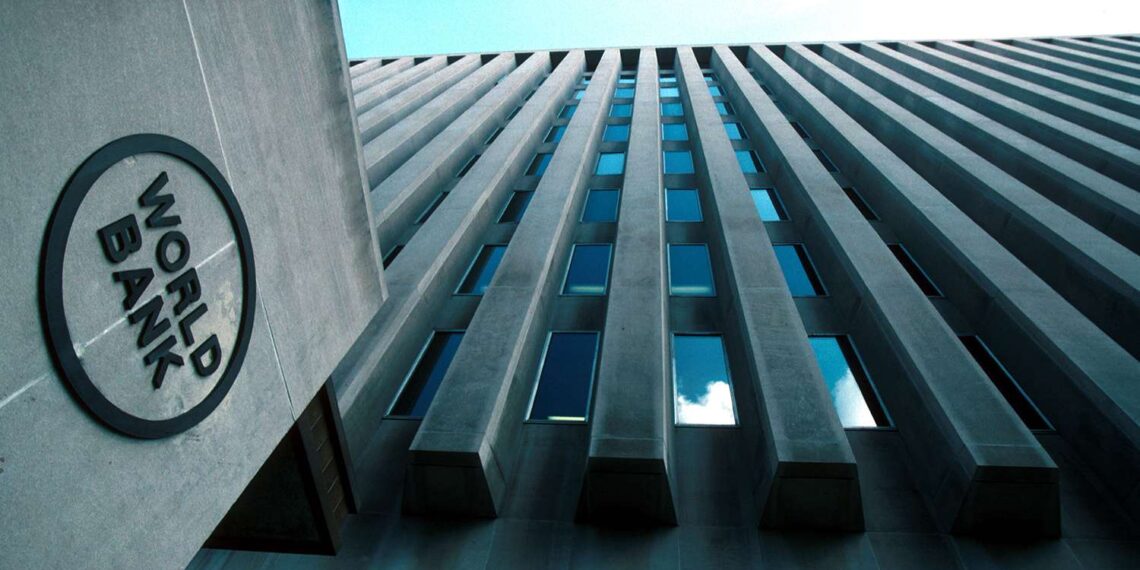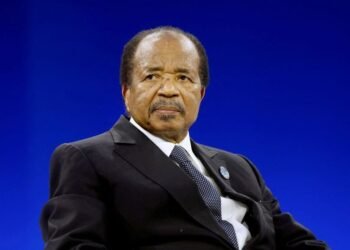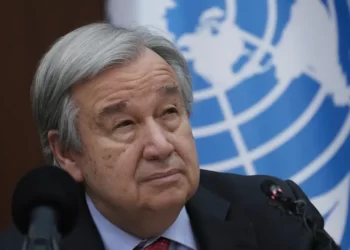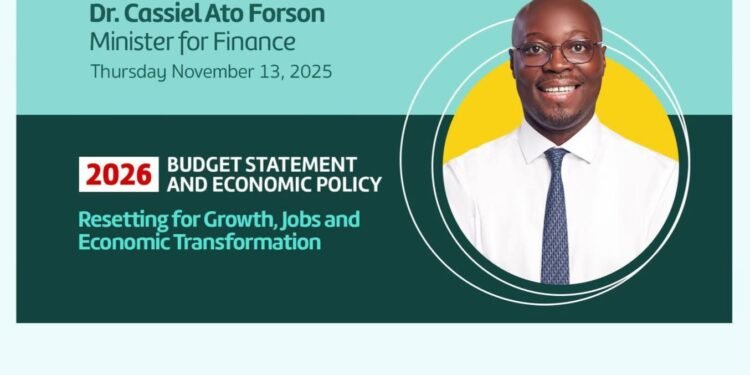The World Bank has announced it will resume funding to Uganda nearly two years after suspending new financing in protest of the country’s controversial anti-LGBT legislation. The move marks a significant shift in relations between the global lender and the East African nation, following what the bank now describes as “satisfactory” mitigation measures.
In August 2023, the World Bank halted financial support to Uganda after its parliament passed the Anti-Homosexuality Act (AHA), a law that introduced severe penalties, including life imprisonment and, in some cases, the death sentence. The bank condemned the law at the time, stating it “contradicted its values.”
Since then, the bank has worked closely with the Ugandan authorities to mitigate the risk of potential harm arising from the legislation. On Thursday, a World Bank spokesperson in an email stated that the mitigation efforts across all ongoing projects had reached a satisfactory standard.
“We have now determined the mitigation measures rolled out over the last several months in all ongoing projects in Uganda to be satisfactory,” said the spokesperson, who chose to remain anonymous.
“Consequently, the Bank has prepared three new projects in sectors with significant development needs – social protection, education, and forced displacement/refugees – which have been approved by the Board.”
World Bank spokesperson
The World Bank is a key external financier for Uganda, particularly in infrastructure-related projects such as roads and transport. The reinstatement of funding is expected to boost government capacity to implement major developmental initiatives, particularly in critical sectors affecting vulnerable populations.
The Anti-Homosexuality Act has been widely condemned by human rights groups and international institutions. Under the law, “aggravated homosexuality” – which includes same-sex relations involving persons with disabilities or those resulting in the transmission of terminal illnesses – carries a mandatory death penalty. The law also introduces a 20-year prison term for “promoting” homosexuality.
Despite international outrage, the Ugandan government has reaffirmed its economic vision, moving forward with structural reforms and a bold growth strategy. According to the International Monetary Fund (IMF), Uganda’s real GDP is projected to grow by a strong 7.5% in 2025, placing it among the fastest-growing economies globally.
The country’s 2025/26 National Budget Framework outlines plans to expand the economy to USD 66.1 billion from USD 59.3 billion in 2024/25. Key policy areas include infrastructure development — especially roads, railways, and energy — alongside investments in oil and gas, science, technology, and human capital.
Inflation And Unemployment Pose Challenges
However, not all forecasts are equally optimistic. Some economic analysts expect growth to moderate to 4.4% in 2025, citing weak domestic demand and reduced government consumption. This moderation is expected to reverse when oil production begins in late 2026, adding momentum to the economy.
Inflation is creeping upward, with annual headline inflation at 3.8% in May 2025. Food prices, including beef, maize flour, and fish, are primarily responsible. Core inflation has also edged up to 4.2%, indicating deeper inflationary pressures.
In response, the government is prioritizing fiscal discipline, targeting lower borrowing levels and the reduction of domestic arrears. The budget for 2025/26 proposes a resource envelope of 71.9 trillion Ugandan shillings, with more than half sourced locally through enhanced tax collection and compliance.
Unemployment is projected to rise slightly to 3.5% by the end of 2025, reflecting a challenging labor market amid the economic adjustments.
On the regional trade front, Uganda continues to benefit from partnerships such as the East African Community (EAC) and the African Continental Free Trade Area (AfCFTA). The country has also diversified its exports, adding products like concentrated milk and paper labels to its industrial portfolio.
Uganda’s medium-term economic outlook remains positive, with infrastructure growth and the budding oil sector expected to sustain long-term development, even as social policy controversies continue to attract global scrutiny.
READ ALSO: National Security Finances Expose “Broken System”– Bright Simons






















